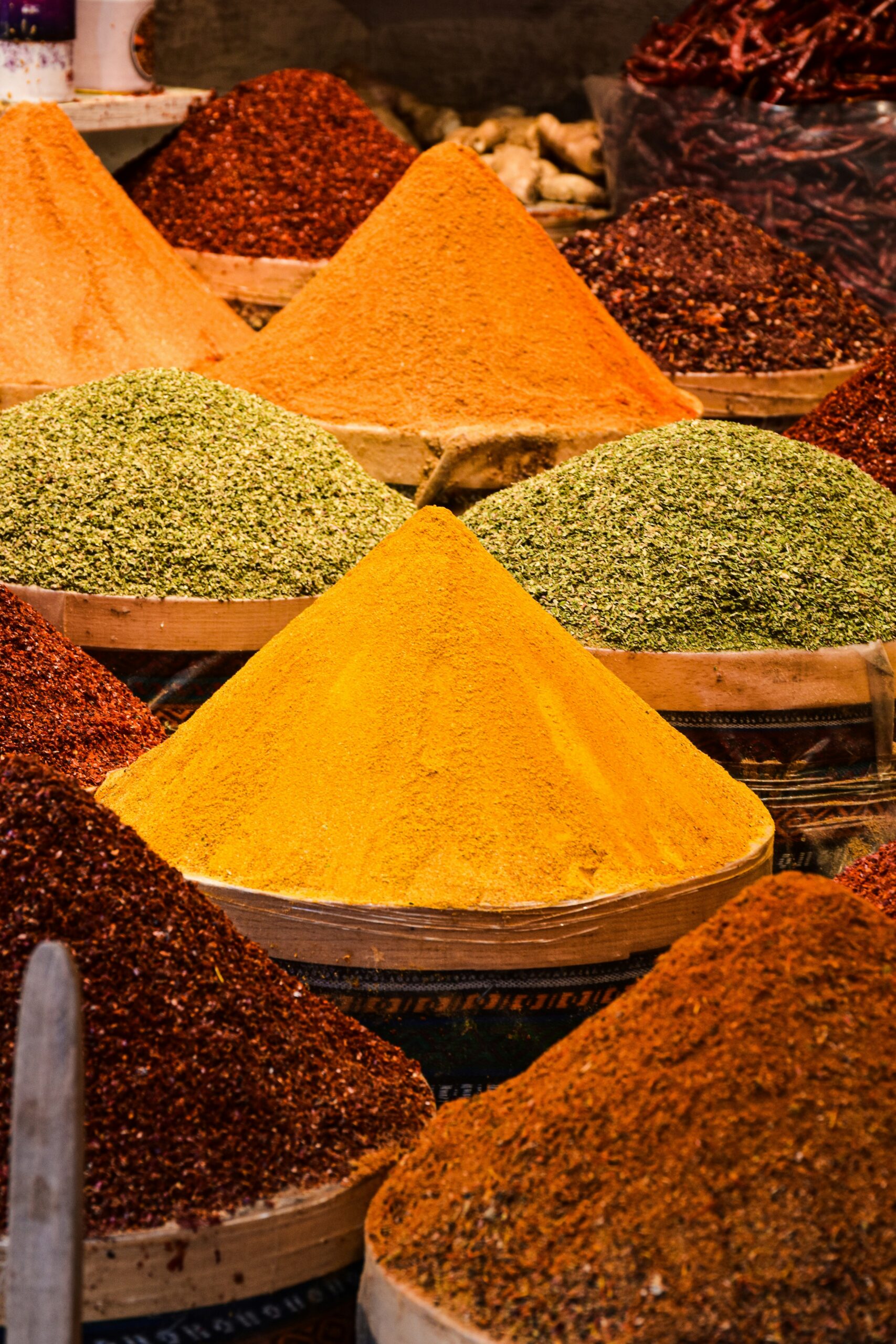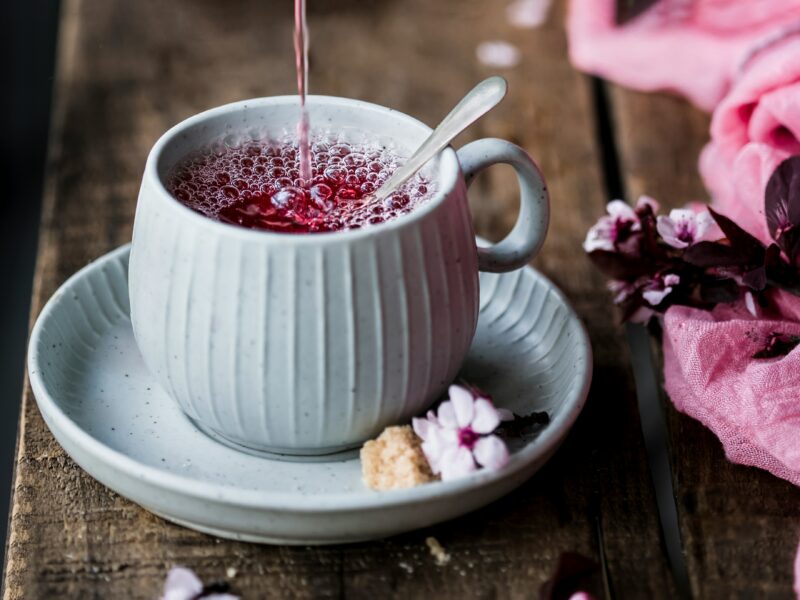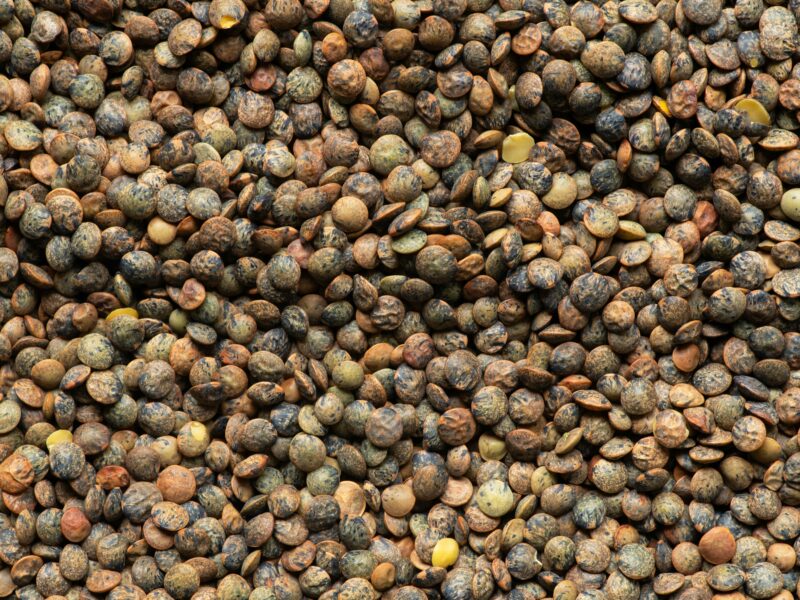Berbere is a rich, complex, and spicy blend that forms the backbone of Ethiopian and Eritrean cuisine. Known for its deep, smoky heat and aromatic warmth, this spice mix combines chili peppers with fragrant ingredients like ginger, garlic, cinnamon, and fenugreek. It adds depth and intensity to stews, meats, and vegetables. But what makes berbere so special, and how can you incorporate it into your cooking?
Origin and cultivation of berbere
Berbere originates from Ethiopia and Eritrea, where it is a staple in traditional cooking. The blend is made from a variety of spices, many of which are sourced from the highlands of East Africa. Ingredients such as chili peppers, paprika, fenugreek, and coriander are dried, ground, and combined to create this fiery, aromatic mixture. Some variations also include nutmeg, cloves, or cardamom, reflecting regional and personal preferences.
What does berbere taste like?
Berbere has a bold, fiery, and slightly sweet flavor with layers of warmth and smokiness. The chili peppers provide a lasting heat, while the blend of warm spices adds complexity and depth.
Flavor nuances:
- Spicy and warming heat
- Smoky and slightly sweet
- Earthy with hints of citrus and cinnamon
- Deep, aromatic complexity
Berbere substitutes – what can you use instead?
If you don’t have berbere on hand, try these alternatives:
- Harissa: Offers a similar chili-based heat with a smoky profile.
- Ras el hanout + cayenne: Mimics the warmth and complexity of berbere with an added kick.
- Paprika + cayenne + cinnamon: A simple DIY mix that captures the sweet-spicy essence.
- Chili powder + garam masala: Brings heat and warm spices in a balanced way.
Difference between berbere powder and berbere paste
Berbere is available in both a dry powder form and as a paste, each offering distinct culinary applications. The powdered version is versatile and commonly used as a dry rub for meats, seasoning for vegetables, or an ingredient in spice blends. It enhances dishes with its bold, fiery aroma while allowing for easy control over intensity. Berbere paste, on the other hand, is made by mixing the dry spice blend with oil or water. It is often used in slow-cooked dishes, marinades, and stews, where its rich consistency helps deepen the flavors over time. Choosing between powder and paste depends on whether you want an immediate burst of spice or a slow-infused heat in your dish.
How to use berbere in cooking
Berbere adds warmth and spice to a wide variety of savory dishes, enhancing depth and complexity.
In savory dishes:
- Used in Ethiopian stews like Doro Wat for deep, smoky heat.
- Rubbed onto meat, poultry, and seafood for bold, spiced crusts.
- Stirred into soups and lentil dishes for added warmth.
- Sprinkled over roasted vegetables to enhance their natural sweetness.
In unexpected uses:
- Blended into spiced dips and sauces for a fiery kick.
- Used in savory pastries or bread doughs for a unique twist.
- Added to spiced hot chocolate or coffee for a warming depth.
- Doro Wat: A rich Ethiopian chicken stew infused with berbere
- Berbere-Rubbed Grilled Lamb: A smoky, spicy crust on tender meat
- Spiced Berbere Hummus: A bold dip with a kick of heat and depth
Cooking tips:
- ✔ Use sparingly—berbere is highly potent and can quickly overpower a dish.
- ✔ Toast the spice blend before use to enhance its aroma and depth.
- ✔ Store in an airtight container in a cool, dry place to maintain freshness.
- ✔ Balances well with honey, yogurt, and tomatoes to mellow its heat.
- ✔ Pairs well with garlic, ginger, cumin, and coriander in savory recipes.
Where to buy berbere
Berbere is available at Ethiopian markets, specialty spice shops, and online retailers. Look for blends that contain authentic East African ingredients and avoid overly processed versions. Freshly ground spice blends will have the best flavor and intensity.
Why berbere deserves a place in your kitchen
Berbere is a versatile and powerful spice blend that adds a fiery, smoky depth to dishes. Whether you’re making Ethiopian classics, spicing up grilled meats, or experimenting with bold new flavors, berbere brings an irresistible warmth and complexity to your cooking.


